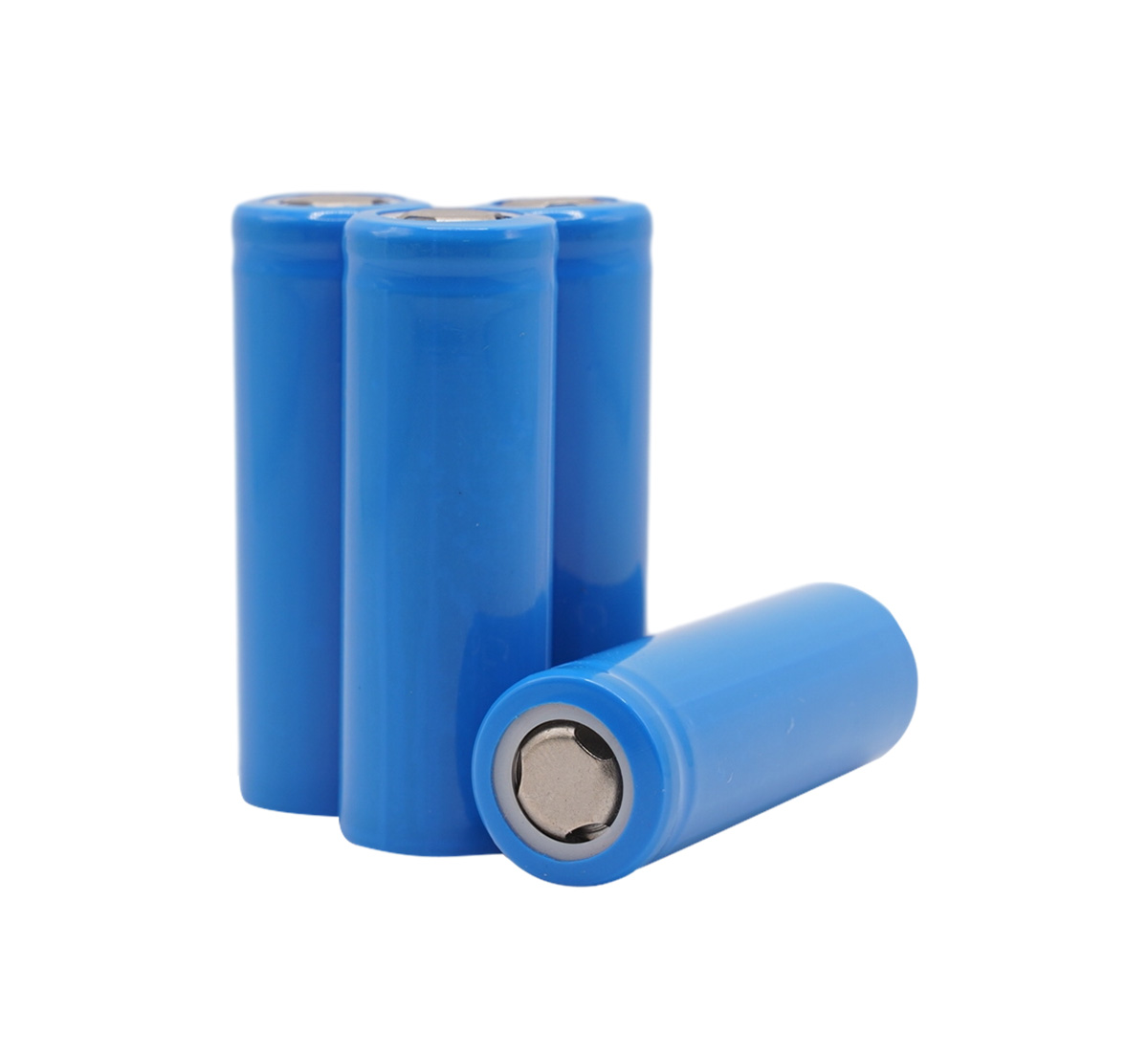Time:2024-03-26 Preview:1 source:News

The production of quasi-solid-state fast-charging lithium-ion batteries indeed marks a major advancement in battery technology. The charging time of this battery is greatly shortened, taking only a few minutes, which is undoubtedly a huge advantage compared to traditional liquid electrolyte lithium-ion batteries.
Solid-state batteries use solid electrolytes, which avoid possible problems such as leakage and fire of liquid electrolytes, and improve battery safety. At the same time, the high ionic conductivity of the solid electrolyte also enables the battery to support higher charging current, further shortening the charging time.
In addition, solid-state fast-charging lithium-ion batteries also have the advantages of long cycle life and high energy density, making them have broad application prospects in electric vehicles, mobile devices and other fields. For example, in the field of electric vehicles, this kind of battery can greatly shorten charging time and improve user experience; in the field of mobile devices, it can also provide users with a longer battery life experience.
However, it is worth noting that although solid-state fast-charging lithium-ion batteries have many advantages, their production costs may be relatively high and the production process may be relatively complex. Therefore, in practical applications, its cost performance and feasibility need to be comprehensively considered.
Generally speaking, the production of quasi-solid-state fast-charging lithium-ion batteries is an important milestone in the development of battery technology. It is expected to promote technological progress and market development in the fields of electric vehicles and mobile devices in the future.
Related suggestion:
The difference between lead-acid batteries and lithium batteries